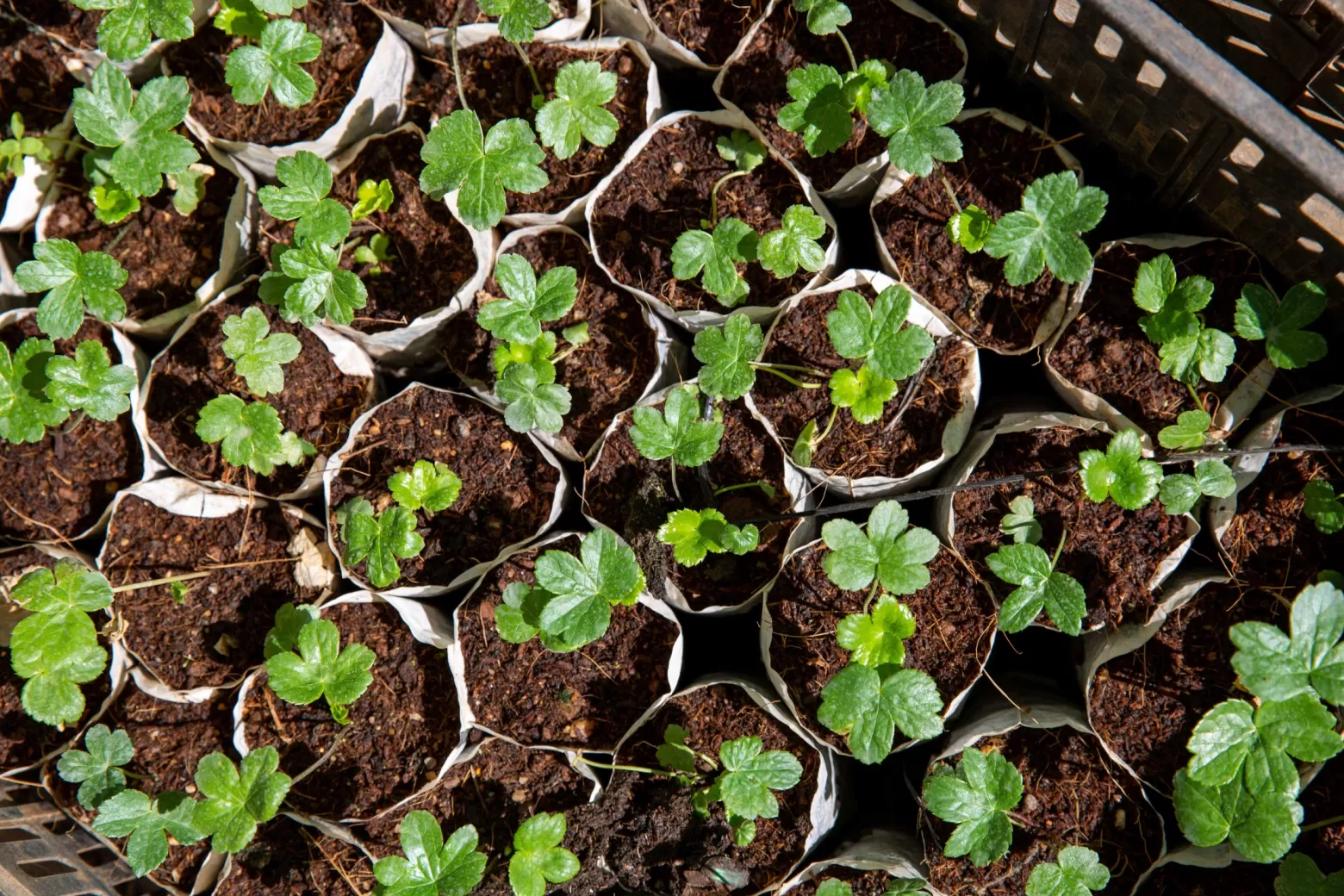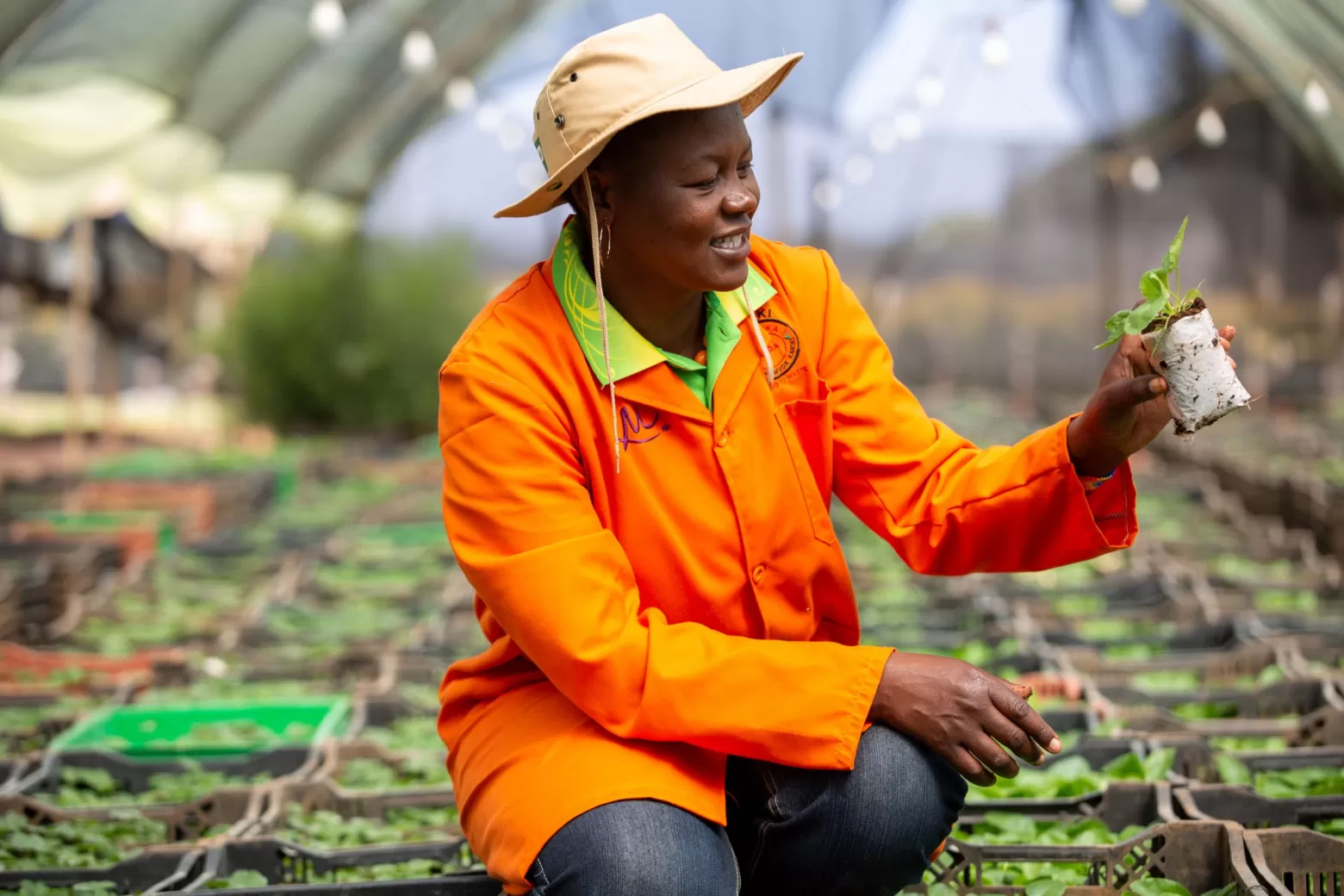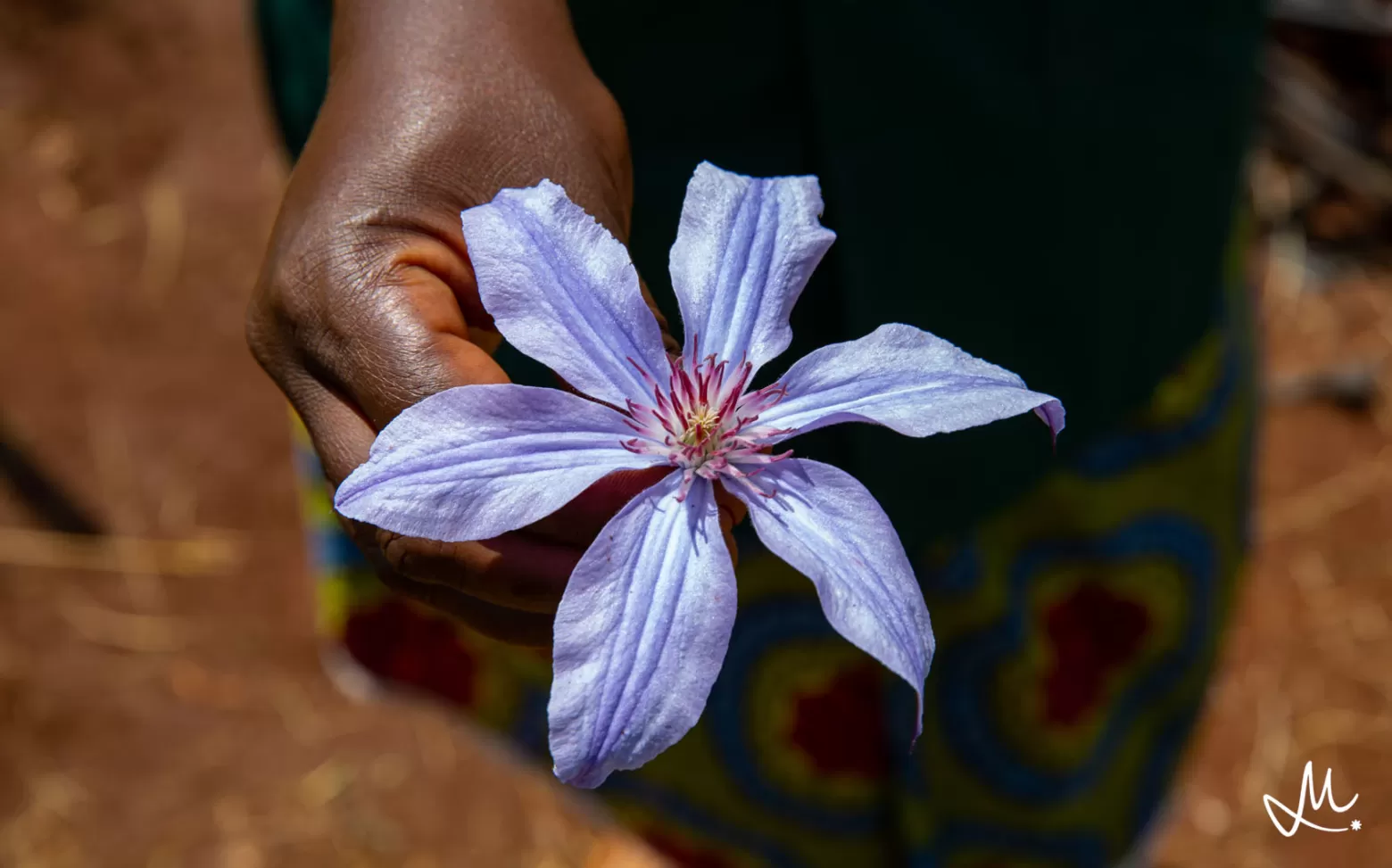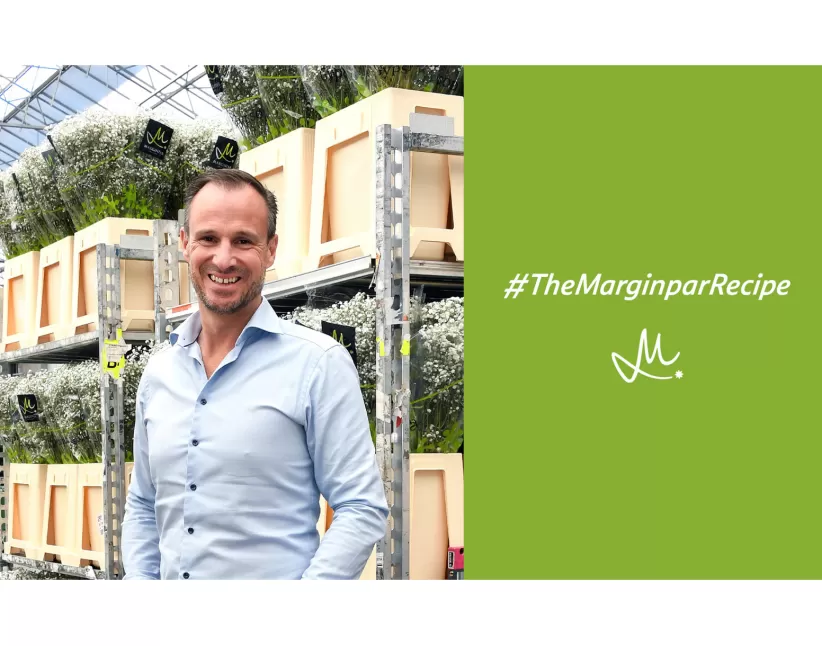
"It shouldn't be too easy."
Bart Merkus, Product Development Manager
Marginpar stands for innovation and is continuously looking for new products. Since January 2021, Bart Merkus (28) is responsible for the expansion of our product range, as Product Development Manager. This is obviously not a one-man job, and so he takes us through the process of innovation.
Innovation in a nutshell
Innovation starts with the breeder. Marginpar has partnerships with both large and small international and Dutch breeders. In short, they cross-breed plants until a product that fits within our assortment emerges. Subsequently, this crop must be tested in Africa in order to find the right breeding recipe. It is a process of years until it is completely right and the product can be offered to the market.
Cooperation with breeders
Bart: "Strategic partnerships are very important for Marginpar. It works both ways. They receive a royalty percentage and therefore share in the success. That is why they like to share their knowledge to improve their crop’s performance.
”Sharing of knowledge is key.
We also agree on exclusivity; this means that the breeder does not offer his plants to another grower in Africa and that we do not shop around for other breeders who are crossing the same crop."

Marginpar works a lot with small breeders. There are of course many of these in the Netherlands, due to the enormous history in horticulture and greenhouse cultivation. Bart: "The nice thing about the small breeders is that they have often been growing and selling their product in the Netherlands for years and sometimes even for generations.
”By bringing these plants to Africa, these products can also be offered in the winter months.
This does not interfere with the natural supply process of the breeder, but it does open up a new market that they had not yet entered. With small breeders you go through an intimate process. There are even breeders who are moved to see their crop flourish abroad and get new life."

The cultivation recipe
After a breeder has developed an interesting cross, a test field is first set up in Africa to see how it grows there. There are three test sites: in Kenya, Ethiopia and Tanzania. Bart: "After this first test round you sit down with the breeder and discuss what the plants probably need to perform better.
”It is important to include the input of the team in Africa; after all, they have a lot of experience with the climate there.
The new cultivation plan is implemented in the next round and this can go on for quite a while, until the desired result is achieved." The breeder comes to Africa every now and then to assess the crop and these are important visits for Bart as well. The distance is sometimes quite difficult. Bart: "Of course you have many team meetings, but the informal contact with colleagues is missing. It is good to talk freely with the people there and to be able to see everything you have set up from the Netherlands."

Testing, testing, testing
Before a new product is approved, it is tested extensively. It is important to test whether the crop is sensitive to certain diseases. This is Bart's expertise. After studying Plant Sciences at the HAS, he specialised in plant diseases at the Wageningen Academy. Bart: "Before the plants are propagated for production, we must rule out the possibility that the mother plants contain certain bacteria, fungi or viruses. The vase life is also tested and the ornamental value is assessed; we want to offer the customer the most beautiful product possible.

A bit of a challenge is not bad at all
An example of unique product development that we are very proud of is the Clematis cut flower, which Marginpar developed together with breeder van Zoest. It took close to a decade to find the right recipe to make a cut flower of this climbing plant. Everyone showed great perseverance and the fact that it worked out and the Clematis has now become kind of a flagship for Marginpar is of course a great story. Bart: "If something works out immediately, it will also work for the competitor; it shouldn't be too easy."

Outlook
Bart: "My short-term goals are to get the test plots to perform even better and to bring the relationships with the breeders to an even higher level. We are now working on an app; our team in Africa takes a picture in the field and this is automatically uploaded to the database. From the Netherlands, you then have an overview of all the photos and all the descriptions that have been made over time. We then send this to the breeders, who can give feedback on it. We have been working with this app for two months now and it works very well. So we can slowly expand it. This will reduce the workload and increase the results."
Bart: "Marginpar is an interesting company that is developing a lot. It is bound to grow very fast. There are great new products in the pipeline at the moment, there are all kinds of crops ready to be launched! That is a very nice prospect."
Next time
Trial Site Specialist, Colin Fernandes, talks us through the practicalities and challenges of running the trial sites in Africa, and the team effort it requires.



